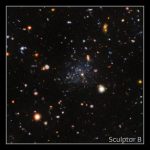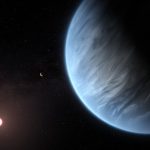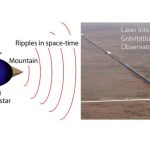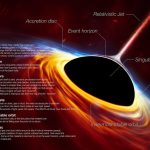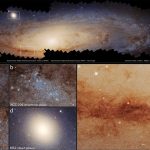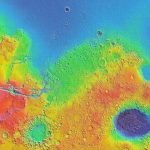The star-forming party ended early in isolated dwarf galaxies
Gas is the stuff of star formation, and most galaxies have enough gas in their budget to form some stars.
However, the picture is a...
Habitable worlds could have formed before the first galaxies
What came first, galaxies or planets? The answer has always been galaxies, but new research is changing that idea.
Could habitable planets really have formed...
Neutron star mountains: Ripples in space-time
Neutron stars, the dense remains of massive stars that have exploded in supernovae, are some of the most fascinating objects in the universe.
These dead...
Curiosity finds ancient wave ripples on Mars
NASA’s Curiosity Rover has been exploring Mars since 2012 and, more recently has found evidence of ice-free ancient ponds and lakes on the surface.
The...
Black holes are spinning faster than expected
There’s a Universe full of black holes out there, spinning merrily away—some fast, others more slowly.
A recent survey of supermassive black holes reveals that...
Do aliens exist?
News stories about the likely existence of extraterrestrial life, and our chances of detecting it, tend to be positive.
We are often told that we...
Humans on Mars: How space agencies are getting ready
Sending humans to Mars is one of the most ambitious goals in the history of space exploration. Unlike missions to the Moon, which only...
Andromeda galaxy: A star-filled giant with a dramatic past
The Andromeda galaxy, our closest large galactic neighbor, is a treasure trove of stars and cosmic mysteries.
Thanks to NASA's Hubble Space Telescope, scientists have...
Why is one half of Mars so different to the other
Mars is home to perhaps the greatest mystery of the solar system: the so-called Martian dichotomy, which has baffled scientists since it was discovered...
Journey to Venus and beyond
The idea of traveling to other planets has always fascinated humanity, and now it’s becoming a reality. Over the years, interplanetary missions have taught...

